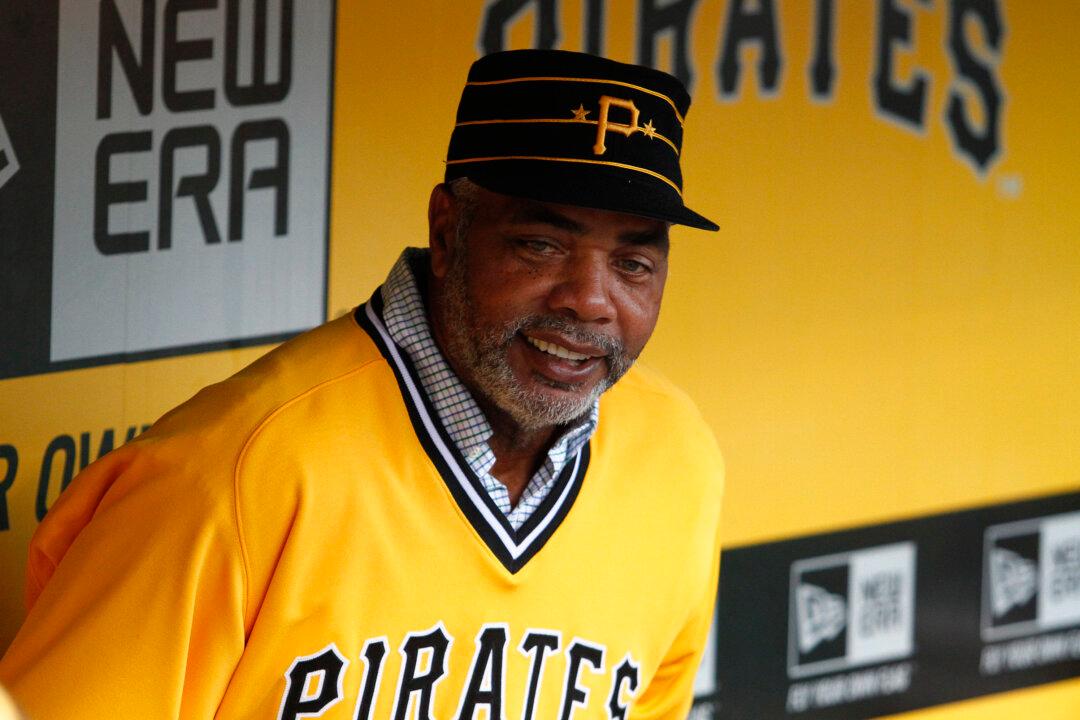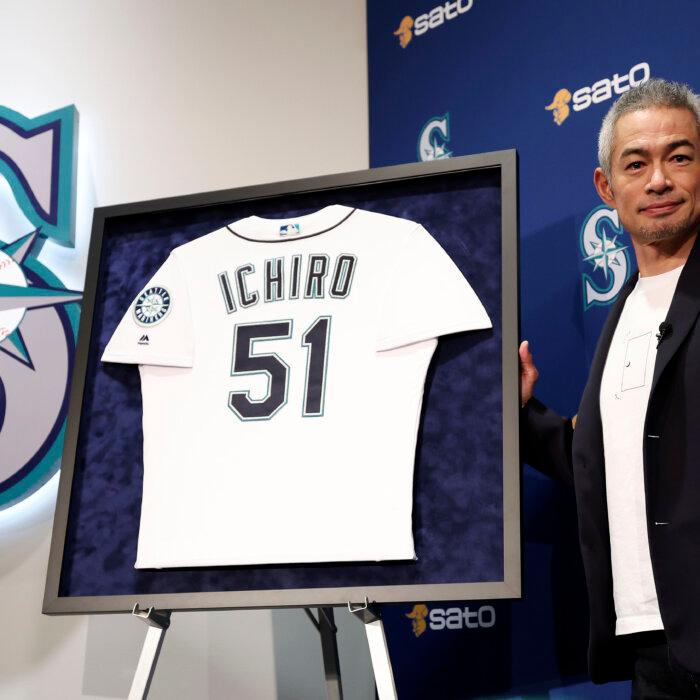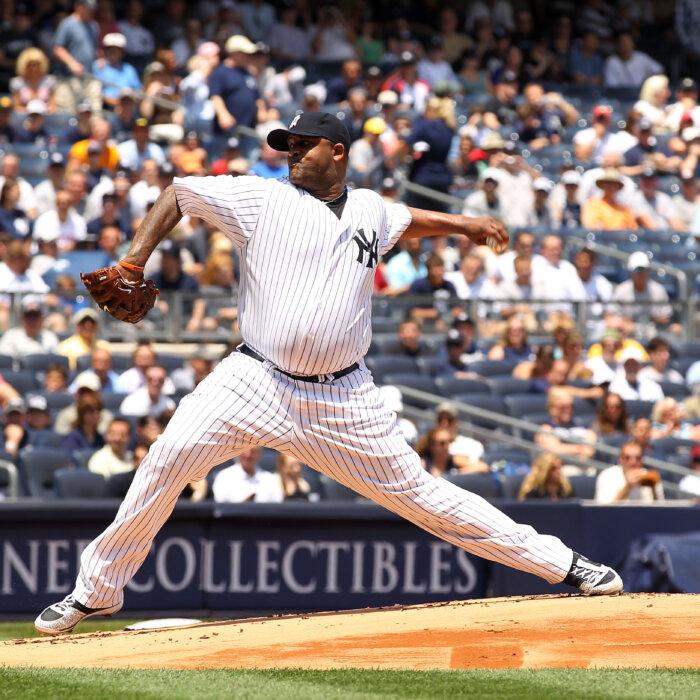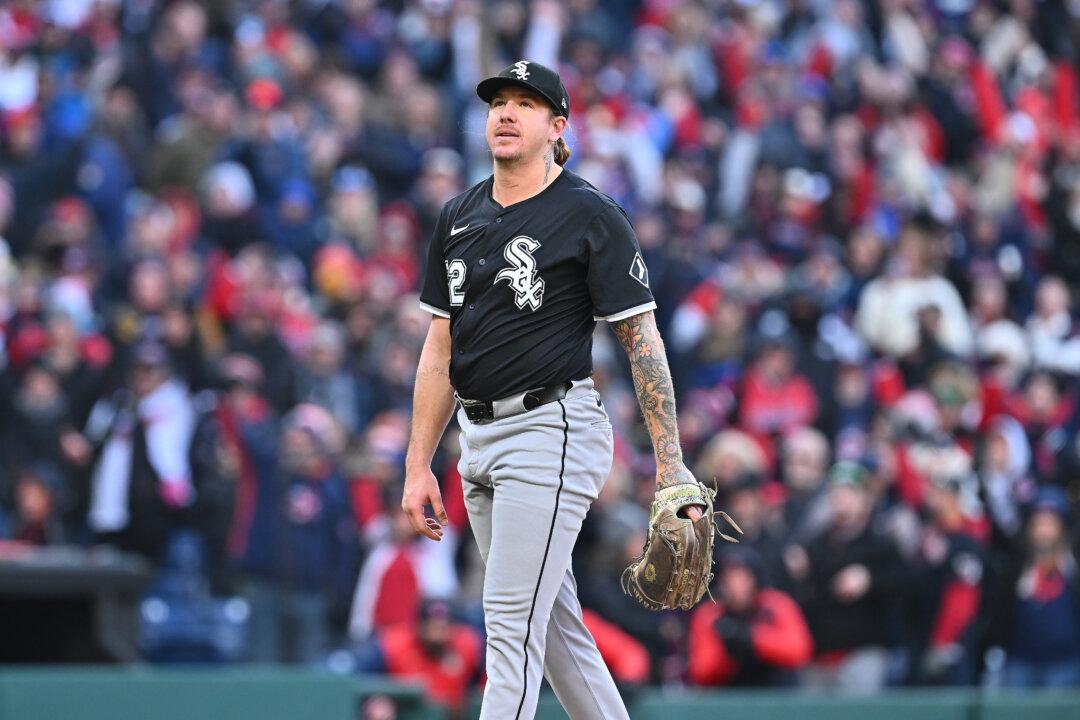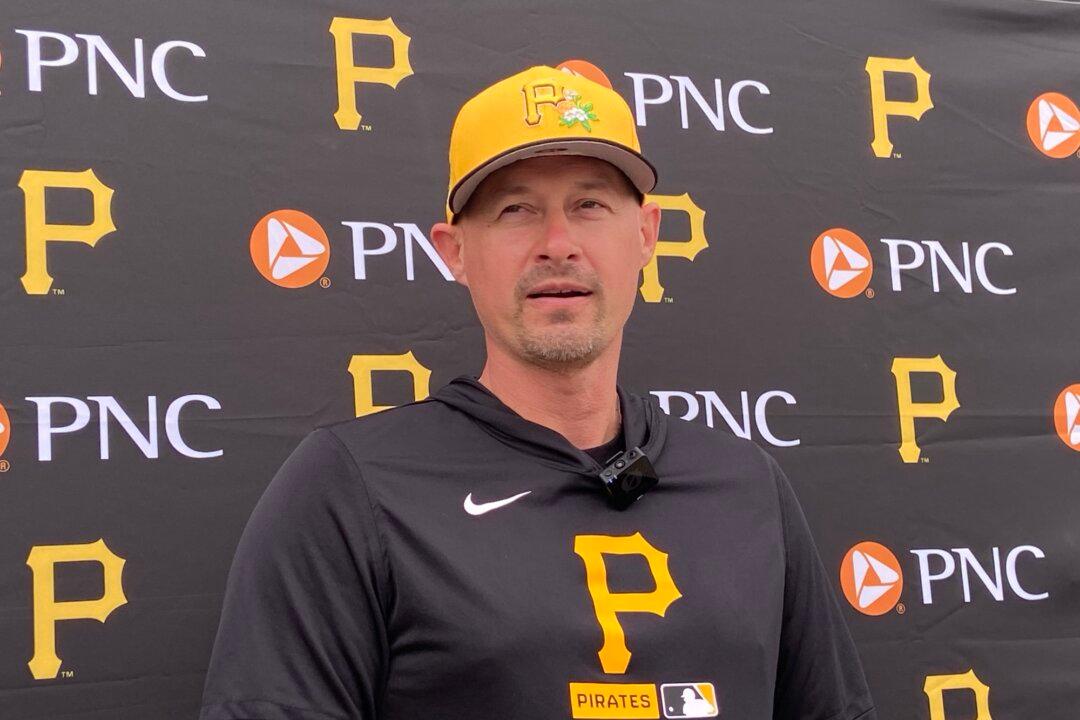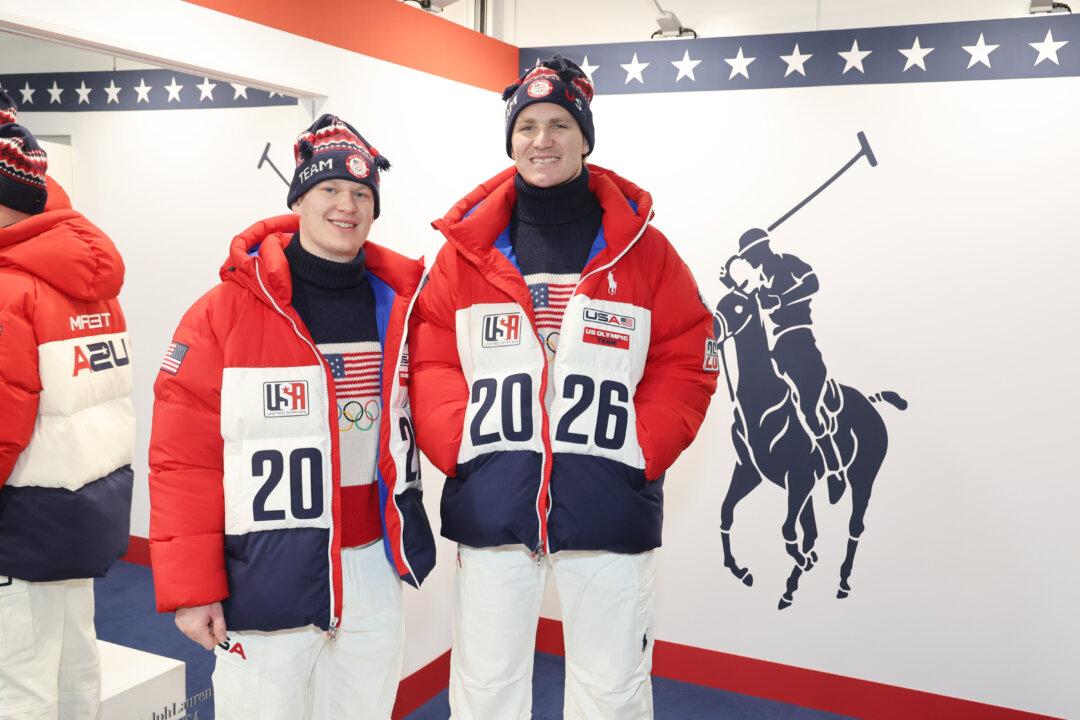At this stage of his life, timing is everything for Dave Parker.
Parker, as a kid growing up in the 1960s in Cincinnati, Ohio, in the shadows of Reds’ National League baseball being played at Crosley Field, he learned to play the game. He loved football, and learned to love and excel in baseball. Fast-forward to 1973, making his MLB debut with the Pittsburgh Pirates, his 6'5” 230-pound frame was cause for concern to opposing pitchers and position players alike. A new era of strength, speed, and dominance took front and center from a 14th-round draft selection (325th selection overall) taken four years earlier.
On the field, Parker exceeded all expectations.
From all his individual accomplishments, and being part of two World Series championship clubs (1979 Pirates and 1989 Oakland A’s), by every evaluation, Parker was a superstar. National League MVP of 1978, seven-times an all-star selection, twice the National League batting champion (1977 and 1978), and three times winner of a Rawlings Gold Glove for fielding excellence, Parker’s not being selected to the baseball shrine in Cooperstown, New York, by the BBWAA (Baseball Writers’ Association of America) remains baffling.
Finally, the baseball gods came out of their fog and bestowed the honor to Parker. Known throughout the game as The Cobra because of his quick swing and the way he waved his bat while up at the plate, the Classic Baseball Era Committee ballot registered 87.5 percent of the 16-members vote. Justice served.
“I’m thrilled for [Parker],” Baseball Hall of Famer Jim Leyland told The Epoch Times. “It was a long time overdue. He could do it all; a five-tool player. When hitting with two strikes on him, Parker made up his mind that he wasn’t going to strike out. And he didn’t. He’s so deserving.”
Several of Parker’s former Pirates’ teammates and those who came after him in Pittsburgh, the club that he spent 11 of his 19 MLB seasons with, at a recent fantasy camp in Florida, cheered on the Classic Baseball Era Committee’s decision when speaking with The Epoch Times.
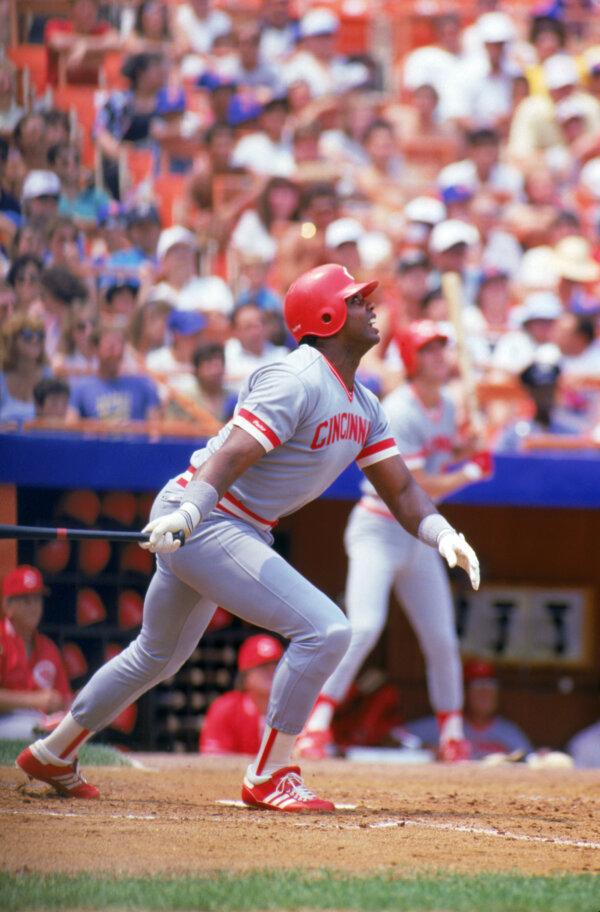
“There’s no question that he ought to be in Cooperstown,” says Milt May, a former Pittsburgh catcher who shared the same Three Rivers Stadium clubhouse as Parker for two seasons. “He was an excellent outfielder, and obviously a good hitter, and a fierce competitor all around. I’m surprised that he took so long for him to get the votes.”
“[Parker] was an amazing individual on and off the field when he played ball. He was larger than life,” said Mike LaValliere, who spent seven seasons with the Pirates.
“He was the best player that I ever saw,” declares former pitcher Don Robinson, who was a Pittsburgh teammate of Parker’s for a half dozen seasons including the 1979 “We Are Family” championship club.
For Parker’s legion of fans, and all the accolades mounted since playing his final 13 games during the 1991 season as a Toronto Blue Jay; being inducted into both the Pirates and Reds Halls of Fames pales in comparison to the ongoing battle that is being fought.
Parker, 71, struggles to whip Parkinson’s disease.
Although his scheduled induction into the National Baseball Hall of Fame on July 27 surely is a powerful motivator to continue overcoming the debilitating effects of Parkinson’s, each day is a new battle for Parker. However, his journey is also helping those also afflicted with the disease, and is giving hope to those in the future who may receive the same diagnosis. With his wife Kellye Parker as a pillar of strength and constant support, the Dave Parker39 Foundation is doing their part to support research in efforts to gain traction in slowing the effects of Parkinson’s and eventually eliminating the disease.
Doug King, an event coordinator for Dave Parker39 Foundation, explained earlier this week to The Epoch Times of the generosity of those who support their friend, and the meaning of the cause in hoping to put a pause on Parkinson’s.
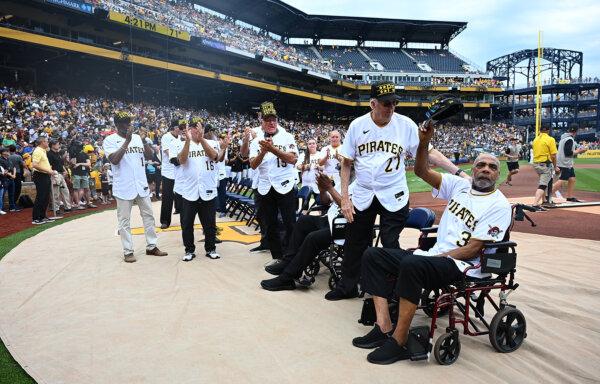
“In early 2015, he and Kellye established the foundation, with the goal of establishing assistance to patients with Parkinson’s and their caregivers. Caregivers are under enormous stress with their workload. The foundation provides education for them. We (Dave Parker39 Foundation) have an education seminar every year which includes a medical doctor and physical therapist. They offer exercise possibilities that could allow patients with Parkinson’s to keep an active lifestyle. The more active the patient remains, the longer they could put off the causes of the disease.”
According to King, funds generated from events presented by Dave Parker39 Foundation, including their annual Cobra Classic golf outing are donated to the University of Cincinnati Gardner Neuroscience Institute. The work being done at the Gardner Center for Parkinson’s Disease and Movement Disorders is invaluable for those utilizing their services. These are the same services that Parker has directly benefited from.
David Jordan, who co-authored the 480 page book “Cobra: A Life of Baseball and Brotherhood with Parker,” is thrilled that a man who he labels a “generation talent” has finally been recognized by the National Baseball Hall of Fame.
“It’s about time. Dave is a legendary figure in baseball. He served as a father figure to other players like Gary Sheffield. [Parker] left the game better than he found it,” Jordan told The Epoch Times on Friday.
A man of many MLB firsts, including in 1985 winning the inaugural Home Run Derby at the All-Star Game held in Minnesota, Parker no doubt has his sights set on being the first person to overcome Parkinson’s, and remain a symbol for all those have come before him or after him, to battle on.
When the Class of 2025 takes the stage in Cooperstown on Induction Sunday this summer, Dave Parker is likely to receive the longest and loudest standing ovation of all the new Baseball Hall of Famers.
